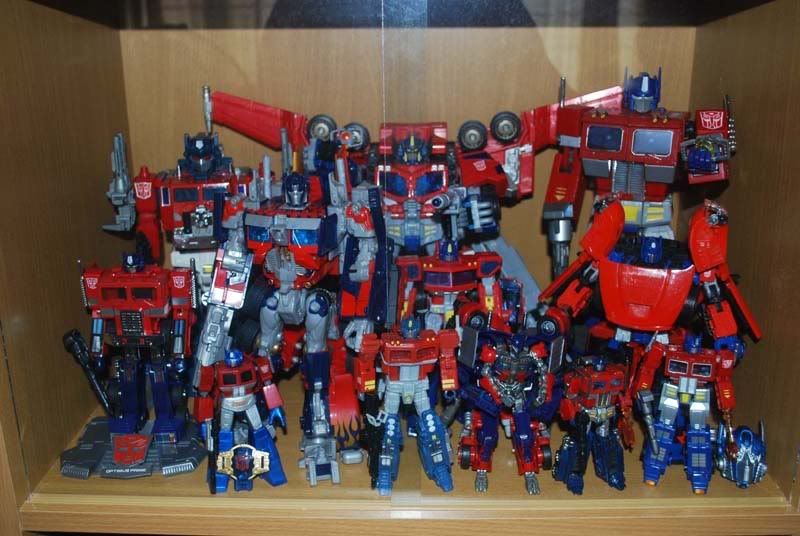If you're a fan of Science Fiction, and even if you're not, you should already know a few things about Orson Scott Card's Ender's Game. One, that it is famous in that pseudo-classics-written-by-a-white-dude way, and two, that Orson Scott Card is incredibly homophobic and a bigot.
Oh, and also the book is getting a big budget movie production.
However, point two about Ender's Game is a point of guilt, especially in light of point one. Some have tried to defend seeing the film by stating that Card won't see any of the box office revenue. Even big-name actors are trying to defend the film in spite of its problematic creative origin. Others aren't buying it.
Sarah Nelson, NZ NaNoRiMo champ and blogger, delivers a convincing argument on why she's personally not swayed by the apologetics:
Media is inter-connected and so is our consumption of it. Meaning, that while things like releases and media venues are singular, the way we actually consume those things are tightly linked. Someone who goes to see a music show and likes it is likely to see more in the same genre. Someone who sees a film they like and discovers that there is a book, is likely to read that book.
This is the basic principle that makes sequels, expanded universe entries, remakes, and other consumer media expansions profitable. It's also what prompted the creation of fanzines, and in the modern day, online fan communities and fanfiction archives.
When we like something, we want more of it.
But this doesn't just apply to new material being made, it also applies to the backlog of material that already existed when a new work is released.
When any work goes multimedia and consumer-targeted, it becomes a franchise. And franchises make money. We may love the material, and want to deny that fact, but that's what they exist to do.
I personally do not support enfranchising Orson Scott Card.
Oh, and also the book is getting a big budget movie production.
The one in my middle school classroom bookshelf did not have the red sticker.
However, point two about Ender's Game is a point of guilt, especially in light of point one. Some have tried to defend seeing the film by stating that Card won't see any of the box office revenue. Even big-name actors are trying to defend the film in spite of its problematic creative origin. Others aren't buying it.
Sarah Nelson, NZ NaNoRiMo champ and blogger, delivers a convincing argument on why she's personally not swayed by the apologetics:
As for their claim that “neither the underlying book nor the film itself reflect [OSC's] views in any way, shape or form”? I agree completely. If OSC was dead and his work in the public domain, there’d be no problem with an Ender’s Game film.
But Orson Scott Card still makes money off his books. Film adaptations inevitably increase book sales. The more popular the film, the more popular the book. According to this article, Nicholas Sparks’s Dear John sold 1 million copies in the year of the film adaptation’s release — out of 2.4 million copies overall. When the first Harry Potter movie came out, the book more than tripled in sales.This is an excellent point and part of the reason why I personally also am boycotting the film. But it also pokes holes into misunderstandings that I suspect many people hold about the nature of media, and especially that of franchised works.
Media is inter-connected and so is our consumption of it. Meaning, that while things like releases and media venues are singular, the way we actually consume those things are tightly linked. Someone who goes to see a music show and likes it is likely to see more in the same genre. Someone who sees a film they like and discovers that there is a book, is likely to read that book.
This is the basic principle that makes sequels, expanded universe entries, remakes, and other consumer media expansions profitable. It's also what prompted the creation of fanzines, and in the modern day, online fan communities and fanfiction archives.
When we like something, we want more of it.
But this doesn't just apply to new material being made, it also applies to the backlog of material that already existed when a new work is released.
When any work goes multimedia and consumer-targeted, it becomes a franchise. And franchises make money. We may love the material, and want to deny that fact, but that's what they exist to do.
I personally do not support enfranchising Orson Scott Card.


{ 0 comments... read them below or add one }
Post a Comment